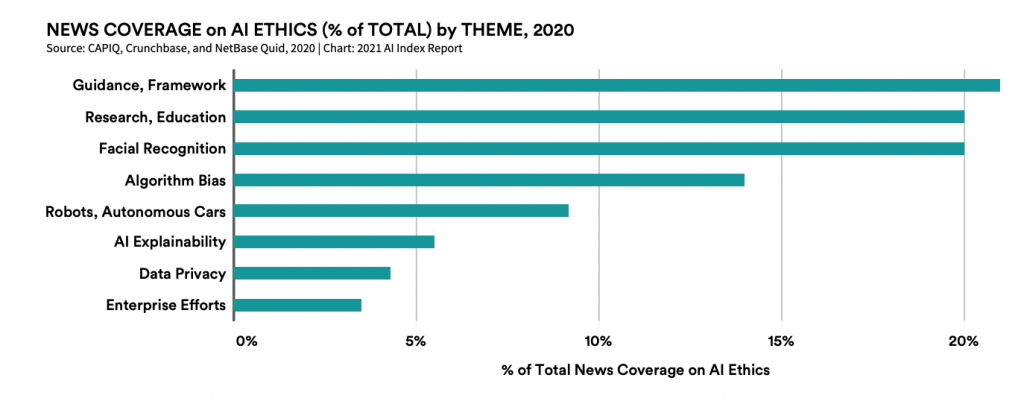
Chris Ume, a video special effects artist from Belgium, created a deepfake video of Tom Cruise that shows how realistic they are. He advocates regulating of deepfakes. (Source: VFXChrisUme)
Fortune: CEOs Spooked by Exponential Growth in Speed, Abilities of AI
According to a story in Fortune magazine, the incredible advances in machine learning and data-crunching programs like those identifying photos have led to companies implementing it in all areas. The top executives, however, report they worry about the impact of adopting untried systems at such a fast pace and what may occur regarding strategy, cybersecurity, governance, and ethics.
“Many business leaders do not have a view into what their organizations are doing to control and govern A.I. and may fear risks are developing,” says Traci Gusher, the principal A.I. lead for KPMG.
CEOs in several industries are seeking regulation and guidance from the U.S. government, which has been sorely lacking in the past. Universities have only recently begun to address ethics issues, and Google’s top brass recently fired an ethics expert for advocating changes that it didn’t like.
“Retail executives were also among those most likely to voice support for regulation of A.I., with 87% indicating a desire for the government to step in and set ground rules for how the technology could be used,” the story stated.
According to the 2021 AI Index, the main problem is that the government isn’t equipped to deal with related issues, primarily because there’s no consensus about them. The AI Index, an annual Stanford University report, outlines the main issues involving ethics and measures stories in the media and research papers on them. The number of both have shot up over the past 10 years and are at their highest levels yet, due to complaints about ethics abuses.
@deeptomcruise I love magic!
Visual effects expert Chris Ume, who recently created a deepfake video that depicted Tom Cruise, released the video to demonstrate how easy it is to create them. It went viral on TikTok. He said he is in favor of laws to regulate them, because of the potential for abuse.
read more at fortune.com








Leave A Comment